Retro Replay Review
Gameplay
Hellgate: London blends fast-paced hack-and-slash action with shooter mechanics in a way that was ambitious for its time. At the outset, you select one of three factions—Templar, Cabalist or Hunter—each offering two distinct classes with unique playstyles. Whether you’re engaging demons up close as a Templar Guardian or raining fire from afar as a Hunter Engineer, the core loop of combat, loot collection and character progression remains compelling throughout.
(HEY YOU!! We hope you enjoy! We try not to run ads. So basically, this is a very expensive hobby running this site. Please consider joining us for updates, forums, and more. Network w/ us to make some cash or friends while retro gaming, and you can win some free retro games for posting. Okay, carry on 👍)
The character advancement system revolves around earning experience, allocating talent points in a sprawling skill tree and customizing gear. Quests drive you through ruined districts and poisonous hellscapes, rewarding you with rare weapons, armor and crafting materials. Dismantling unwanted gear at safe havens yields components, and the crafting interface at subterranean train stations lets you upgrade and mod your favorite items to suit your build.
A distinctive feature is the dynamic toggle between first- and third-person perspectives. Melee-focused classes thrive in third view, giving you situational awareness to wade into demon hordes, while gun-toting Cabalists and Hunters often switch to first-person for pinpoint accuracy. This flexibility keeps combat fresh, allowing you to adapt your viewpoint on the fly.
While the single-player campaign provides a solid introduction, Hellgate’s true heart lies in its multiplayer modes. Free access lets you team up with friends or strangers to tackle endgame dungeons, while a subscription unlocks extra content, a Hardcore permadeath option and expanded inventory space. Despite the pay tier, all players coexist on the same servers, ensuring a unified community for raids, co-op missions and PvP skirmishes.
Graphics
Visually, Hellgate: London casts a grim tableau of a city overrun by demonic forces. The developers recreated iconic London landmarks—Big Ben, Tower Bridge, the Underground—left in ruin and shrouded by the ever-present gray haze of the Hellgate. Dynamic lighting and particle effects lend a cinematic flair to your demonic encounters, whether you’re navigating flickering subway tunnels or desolate Victorian streets.
The game’s environments are richly detailed, from the jagged spires of the Hellgate itself to the industrial veins of abandoned power plants. Textures and models remain crisp when zoomed in, and blood splatters, wall scorch marks and swirling embers heighten the atmosphere. Environmental destruction—exploding barrels, crumbling walls—adds a layer of interactivity that enhances the sense of chaos.
On launch day, players who pushed settings to the max sometimes encountered frame dips and pop-in issues, but a series of patches smoothed out performance. Character models and armor sets display a surprising amount of detail for an ARPG, especially as you mix and match cosmetic pieces earned from high-level raids. The result is a moody, immersive world that still holds up as a showcase of mid-2000s visual ambition.
That said, some zone layouts can feel repetitive after extended play, and texture variety dips in later acts. Occasional texture stretching and low-resolution detail on distant terrain can break the illusion momentarily. Despite these shortcomings, Hellgate’s distinctive art direction—gritty gothic meets post-apocalyptic London—remains a highlight for fans of dark fantasy settings.
Story
Set in 2038, Hellgate: London opens on the aftermath of an otherworldly invasion. The Hellgate itself looms like a dying sun, turning skies ashen and precipitating “The Burn,” a creeping corruption that warps reality to suit the denizens of the Abyss. Civilizations have crumbled, and humanity’s last survivors huddle in subterranean train stations, mounting guerrilla resistance against an endless horde of demons.
Your chosen faction offers differing perspectives on the apocalypse. Templars draw strength from ancient orders sworn to eradicate evil, Cabalists wield forbidden magic in exchange for dark bargains, and Hunters combine firearms expertise with occult gadgets to level the playing field. Through quest lines, you unravel fragments of lore: how the Hellgate was opened, the true cost of forbidden power, and the fragile hope of reclaiming London.
The narrative is delivered via mission briefings, NPC dialogue and in‐game journals scattered throughout the city. While the main plot drives you through key locales—infested sewers, demon-controlled skyscrapers, corrupted energy plants—side stories add character depth and occasional moral choices. However, voice acting can be uneven, and some fetch-quest inserts feel like padding between more cinematic moments.
Despite a few pacing hiccups, the story’s bleak tone and worldbuilding create a sense of urgency. You’re not just grabbing loot for glory; you’re fighting for humanity’s last spark. Reading codex entries and discovering hidden notes in collapsed libraries amplifies immersion, even if the core tale sometimes relies on standard “demonic invasion” tropes.
Overall Experience
Hellgate: London delivers an ambitious fusion of ARPG and shooter elements wrapped in a dark, post-apocalyptic vision of the UK capital. The addictive loot chase, fluid combat and character customization systems offer hours of replayability, especially in co-op dungeons and endgame raids. Whether you prefer charging headlong into enemy ranks or picking them off from afar, the flexible perspective system caters to both playstyles.
Multiplayer remains the focal point, with free access easing entry barriers and premium subscriptions offering deeper progression and exclusive modes like Hardcore. Community interaction—trading rare items, forming strike teams for boss runs—creates moments of shared triumph, even as occasional server hiccups remind you of the game’s age. If communal demon-slaying is your cup of tea, Hellgate’s persistent world and cooperative challenges shine.
On the flip side, some content can feel repetitive after the 30-hour mark, and certain dungeons reuse assets more than desired. Technical rough edges—minor bugs, quest tracking quirks—surface sporadically, but none derail the core enjoyment. The crafting system, while robust, occasionally demands grindy repetition for top-tier gear.
For anyone enamored by Diablo-style progression, looter-shooter hybrids or gothic post-apocalyptic themes, Hellgate: London remains a worthwhile venture into a ruined metropolis overrun by dark forces. Its highs—atmospheric world design, flexible combat, cooperative thrills—outweigh the occasional dips in polish, making it a compelling pick for fans of action-RPGs looking to slay demons in the streets of a fallen London.
 Retro Replay Retro Replay gaming reviews, news, emulation, geek stuff and more!
Retro Replay Retro Replay gaming reviews, news, emulation, geek stuff and more!
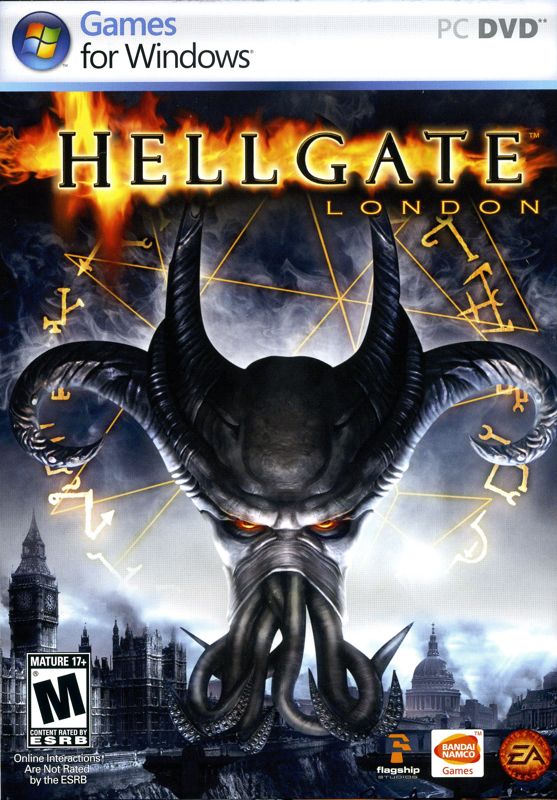
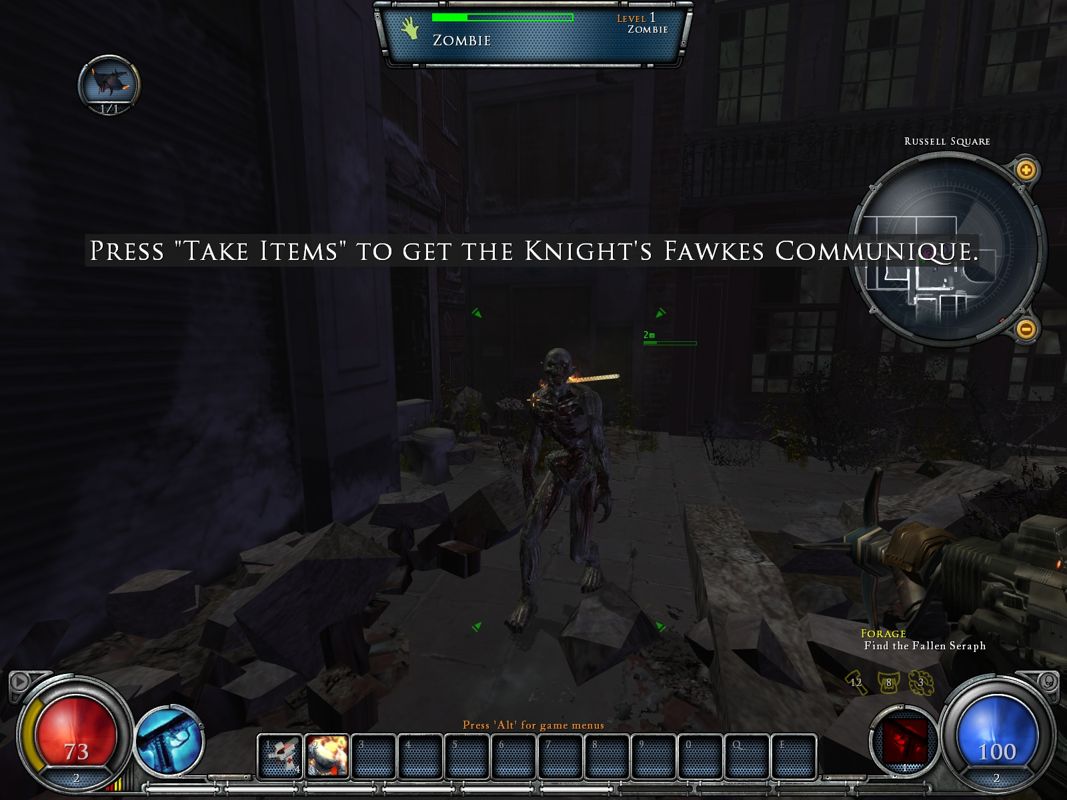
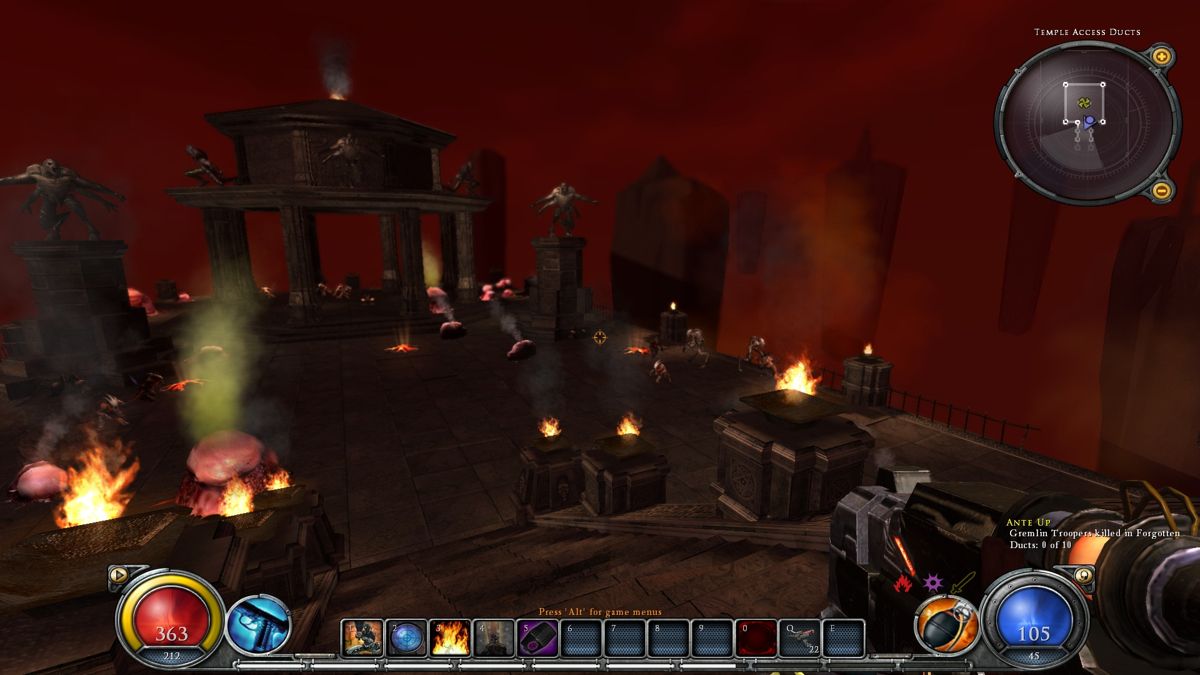
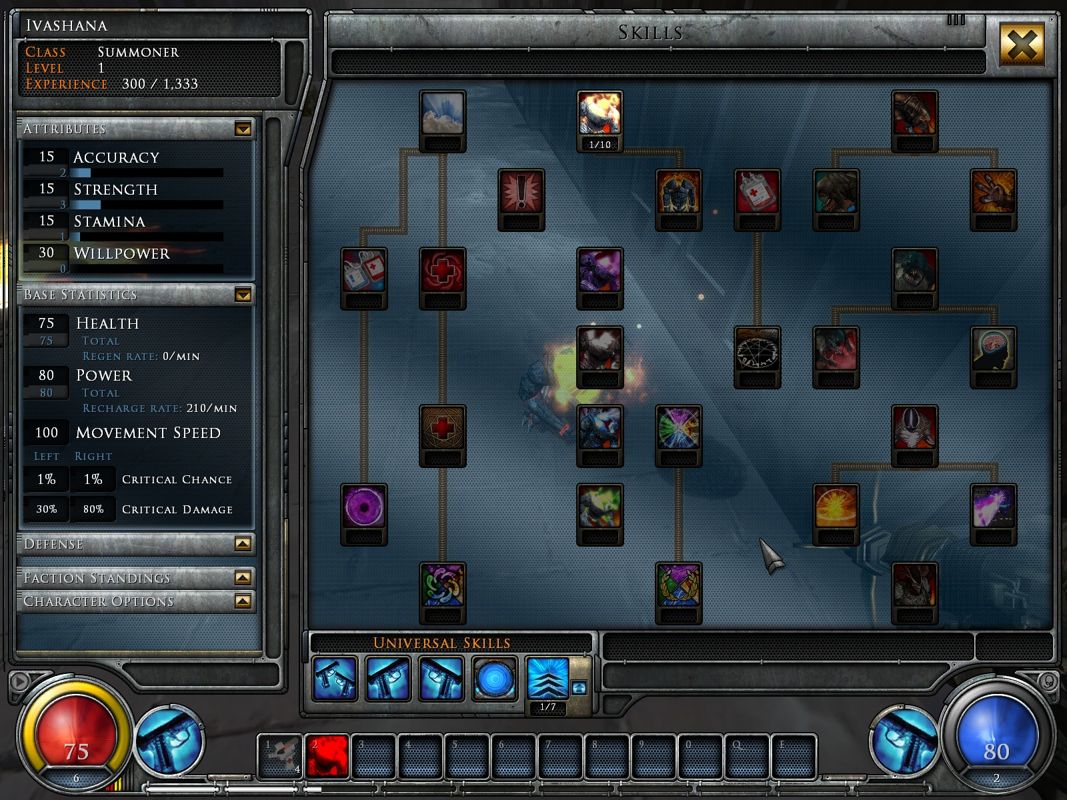
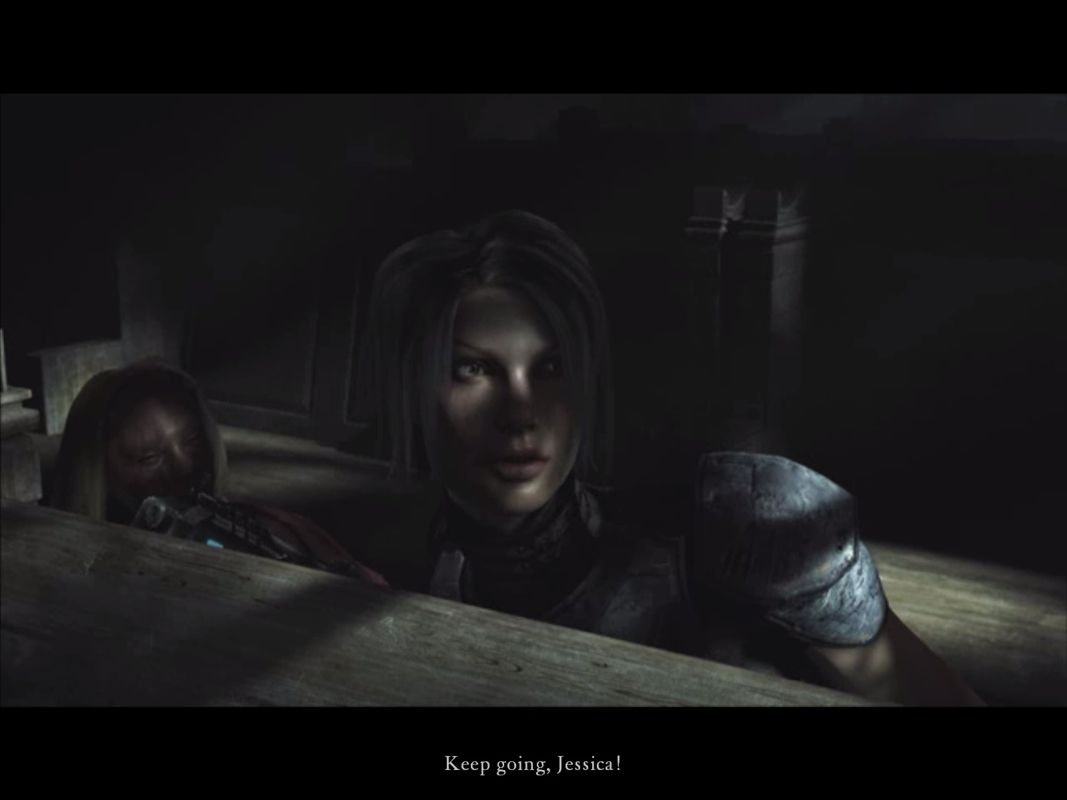
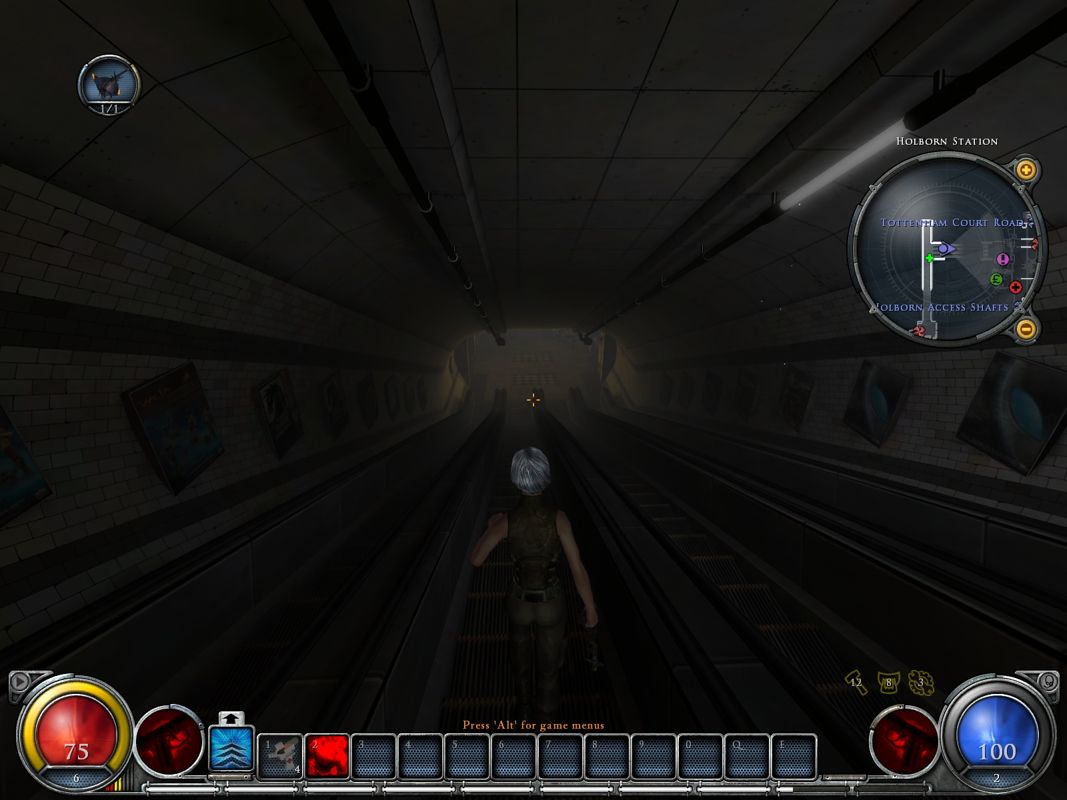
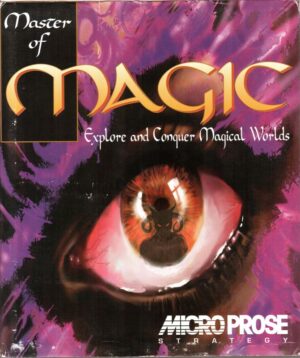


Reviews
There are no reviews yet.